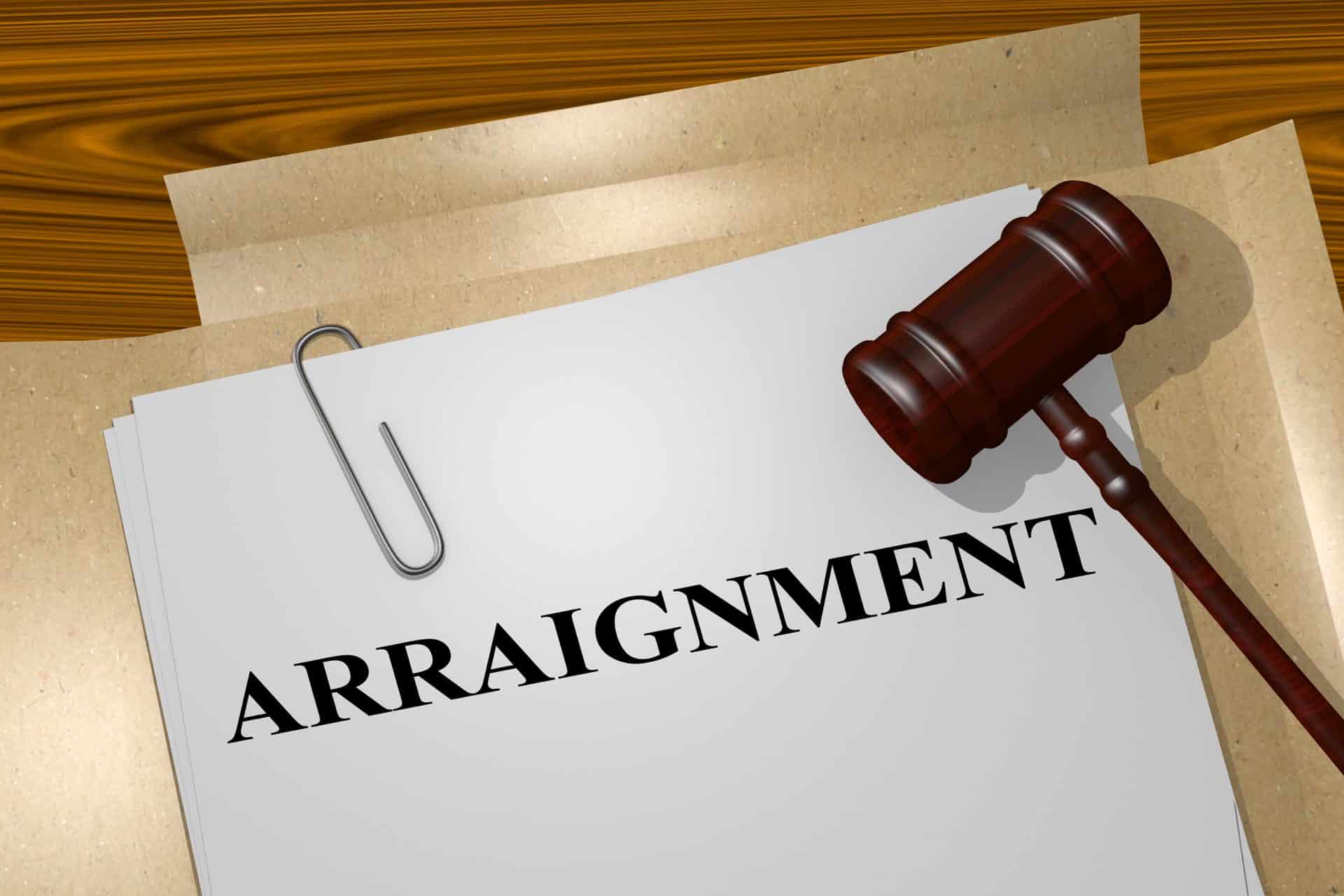
Plea bargaining is an established legal mechanism, not just in Brazoria County but across the U.S. It’s a legal negotiation between the defendant and the prosecutor in which they aim to reach a mutual decision. Usually, the defendant agrees to plead guilty, and the prosecution agrees to lower the sentences or reduce the charges.
An agreement like this can strategically benefit both the defendant and the prosecutor. For defendants, it can mean avoiding the Texas criminal trial system. For the prosecution, plea deals can save time, money, and energy. For these reasons, plea bargains are an essential part of the Brazoria County criminal defense system.
The Benefits of Plea Bargaining
Plea bargaining offers several advantages for both the defendant and the prosecutor:
- Reduced Charges or Sentences: Plea deals often result in more lenient outcomes, such as reduced charges or sentences.
- A Definitive Outcome: Plea bargaining provides a definite outcome for the defendant. It can eliminate the uncertainties of a trial. Also, prosecutors can avoid the risks, expenses, and time associated with trials.
- Avoiding Trial: Beyond the extra money and time they take, trials can be stressful and mentally taxing. Agreeing to a plea bargain allows defendants to bypass the stress of trial, and it can usually provide quicker closure.
- Reduced Collateral Consequences: Convictions, especially felonies, can lead to job losses, housing issues, and the loss of certain civil rights. Through plea deals, defendants might avoid some of these more severe consequences.
- Cooperation with the Prosecution: Some plea deals require defendants to cooperate with prosecutors. This cooperation can lead to reduced sentences or charges for the defendant, and in return, the prosecution might secure evidence against other suspects or gain insights into broader criminal activities.
For those in Brazoria County, understanding these benefits and their implications is very important. Especially when considering the potential impact on your future employment or the long-term effects of a criminal record.
The Disadvantages of Plea Bargains
While plea bargaining can provide certain benefits, there are notable disadvantages for both the defendant and the legal system:
- Admission of Guilt: A plea bargain may require an admission of guilt. This admission goes beyond the courtroom—it can have personal and societal repercussions.
- Permanent Record Implications: Accepting a plea deal, even for reduced charges, can lead to a criminal record. This can impact future employment, housing applications, and family dynamics like child custody.
- Loss of Your “Day in Court”: By accepting a plea deal, you essentially forfeit your right to a trial. This means giving up the chance to be found not guilty or to challenge the evidence.
- Potential for Coercion: Some defendants might feel pressured into accepting a plea bargain. They may fear the trial will go against them, even if they have a solid defense. It’s important to talk to your defense attorney about your reservations to accept a deal. They can help keep you informed of all the potential outcomes.
The Plea Bargaining Process in Brazoria County
To create a plea bargain in Brazoria County, you must walk through a few essential steps:
- The Initial Negotiation: At this step, the defense attorney begins discussions with the prosecutor. This is an opportunity to discuss the case’s strengths, potential weaknesses, and any mitigating factors that could be favorable for a plea deal. During this phase, the prosecutor weighs the evidence, considers the defendant’s criminal history, and evaluates whether the potential plea deal will solve the issues they find.
- Drafting the Plea Agreement: Once both parties find common ground, they move to create the plea agreement. The document they create details the specifics of the case. This includes the charges the defendant will admit to and the recommended sentencing. Both the defendant and their attorney, along with the prosecutor, review and sign this agreement. The judge may also inform the defendant of certain rights they’re waiving, such as a jury trial or the right against self-incrimination.
- Plea Hearing: This is the end of the plea bargaining process. At this stage, the defendant officially enters their plea while carefully adhering to the conditions set in the agreement. The judge reviews the agreement and decides whether it meets all the requirements of the case. Should the judge agree, they’ll proceed to sentencing the defendant as the terms stipulate. However, if the judge decides to reject any elements of the deal, the defendant holds the right to withdraw their guilty plea.
Factors that Influence Plea Bargaining in Texas
Various factors shape plea bargaining in Texas. Understanding these factors can empower defendants with knowledge and negotiation techniques. Brazoria County courts may consider the following factors when deciding on your plea bargain:
- Evidence Strength: The weight of evidence against the defendant could not be more important. Strong evidence might deter the prosecutor from offering a deal because they will have confidence in achieving a trial conviction. On the other hand, if the evidence is circumstantial or simply weaker than the prosecutor would like, they may propose a plea bargain to avoid a not-guilty verdict at trial.
- Charge Severity: The nature of the charges can change the plea bargaining process. Misdemeanor offenses, for instance, are less severe and can be more amenable to plea deals. In contrast, the severity of felony charges can make prosecutors hesitant to negotiate.
- Defendant’s Criminal Record: A defendant’s criminal past can either be an asset or a liability. A clean slate can lean the scales of justice toward favorable outcomes, while a history of crime can make the prosecutor hesitant about offering deals.
- Cooperation with Authorities: A defendant’s willingness to cooperate with law enforcement can sometimes influence plea discussions. By providing crucial information, leading to other arrests or convictions, a defendant can improve their chances of securing a more lenient deal.
- Impact on the Victim: The repercussions of the crime on the victim can’t be understated. Prosecutors might take a hard line, refusing favorable plea terms if the crime profoundly and negatively affected the victim. But, if the victim is receptive to a plea agreement, negotiations might swing in the defendant’s favor.
Keith G. Allen: Brazoria County Criminal Defense Specialist
Keith G. Allen is a renowned criminal defense attorney based in Pearland, TX. He has significant experience in handling cases related to domestic violence, drug offenses, and theft in Brazoria County.
For decisions regarding plea deals in Brazoria County, guidance from an expert like Keith G. Allen is crucial. To discuss your case and understand your options, contact the Law Offices of Keith G. Allen, PLLC at (832) 230-0075.





